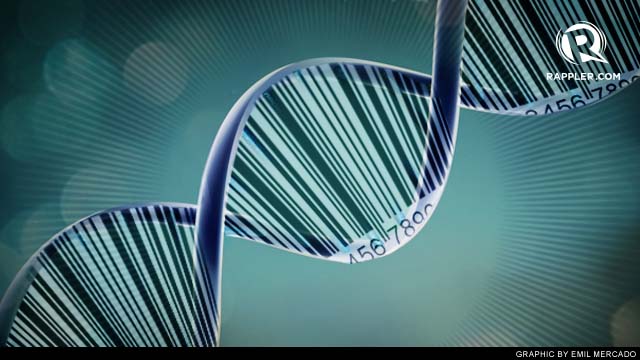SUMMARY
This is AI generated summarization, which may have errors. For context, always refer to the full article.

WASHINGTON DC, USA (UPDATE) – Naturally occurring human gene sequences cannot be patented but artificially copied and replicated DNA can be, the US Supreme Court ruled on Thursday, June 13.
“A naturally occurring DNA segment is a product of nature and not patent eligible merely because it has been isolated but cDNA is patent eligible because it is not naturally occurring,” the court ruled.
The nine justices reviewed a 2012 appeals court decision that allowed a biotechnology company, Myriad Genetics Inc, to patent two genes it found had links to breast and ovarian cancer.
A coalition of associations representing some 150,000 researchers, doctors and patients, asked the nation’s top court to overturn the decision, as it stopped them from doing further work and research with the patented genes.
“Today, the court struck down a major barrier to patient care and medical innovation,” said Sandra Park, senior staff attorney with the American Civil Liberties Union.
Nearly 20 percent of identified human genes are currently under patent, some of which are associated with Alzheimer’s disease or other cancers.
These patents are sometimes owned by private companies but also by universities and research institutes concerned with keeping them in the public domain to prevent companies from seizing them. – Rappler.com
Add a comment
How does this make you feel?
There are no comments yet. Add your comment to start the conversation.